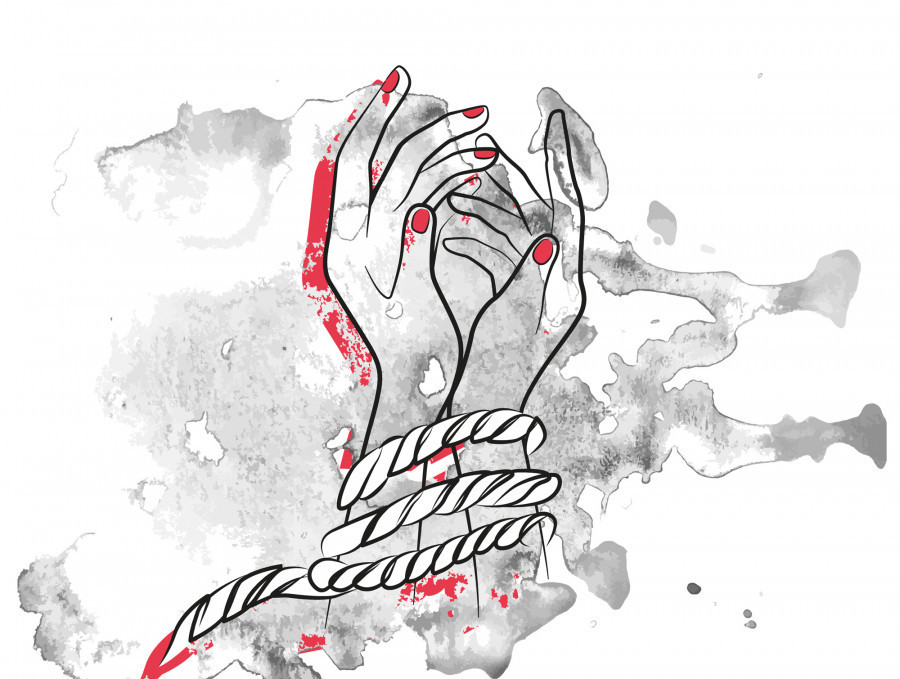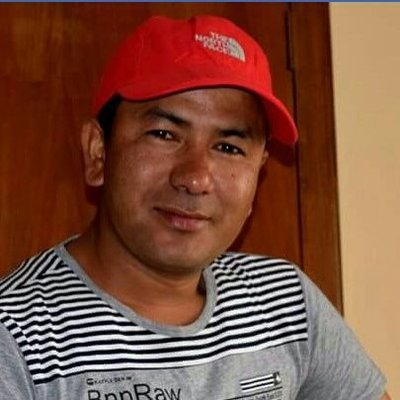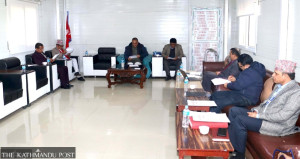Sudurpaschim Province
Sexual assaults on blind women go unreported
Several blind women have fallen prey to sexual assaulters in Bajhang but the families’ apathy and society’s behaviour towards sexual assault victims have kept many of them from claiming justice.
Basant Pratap Singh
A 23-year-old woman who has congenital blindness was sexually assaulted by her neighbour while returning home at night from a wedding in April. Sapna, who asked her name to be withheld, says she had gone to attend the wedding of a relative in another village half an hour from her home. Her neighbour, who was also at the wedding, offered to escort her back home.
Once they entered the forest area to make their way to their village, the neighbour grabbed Sapna and started touching her inappropriately. She began shouting and fighting the man. After some struggle, the man ran away leaving Sapna in the forest.
“Because of the wedding, the path through the forest was somewhat busy. I screamed at the top of my lungs so that passersby could hear me,” said Sapna. “The assaulter stopped harassing me and ran away.”
Sapna made her way through the forest towards home and told her mother what had transpired. But her mother shrugged her off, saying, “Are you the only girl in the village, why do such things happen only to you. Nothing happens to the other girls. Don’t spew nonsense.”
“My mother’s words hurt me and I cried all night since my own mother did not believe me,” said Sapna.
This was not the first time Sapna was sexually assaulted. She has been a victim of sexual violence since she was 10 years old, she says.
“I have been sexually harrassed by my relatives, friends and neighbour. My family never believed me and I wasn’t aware of the legal steps I could take against my assaulters. So I said nothing,” she said.
Several blind women have fallen prey to sexual assaulters in Bajhang but the families’ apathy and society’s behaviour towards sexual assault victims have kept many of them from seeking justice.
Pramila, a 28-year-old blind woman from Durgathali Rural Municipality-28 who also does not want to be identified, has been enduring sexual assault and abuse for a very long time. According to her, every time she tries to tell her family about the sexual assault she has been facing, they make her starve for days.
“Now I don’t tell anyone anything. I have learned to live with it,” she said. “I have no choice but to endure assault and abuse from people. I have been a victim of sexual abuse right from my childhood but when I tell my family, they accuse me of telling lies and punish me by keeping me hungry.”
Like Sapna and Pramila, many blind victims of violence and abuse across the district have not been able to come under the purview of the law, said Bahramdakta Joshi, chairman of the Disability Security Network Bajhang.
According to him, out of the total 165 blind people in the district, more than 100 are women and nearly all of them have been victims of sexual abuse and domestic violence of some sort.
Blind people and those with disabilities are considered a burden by their families, believes Joshi. “There are many families who do not even want to give food to a blind person. Enduring violence and abuse from one’s immediate circle has become a compulsion for the victims because of a lack of support from their families,” he said. “I have seen families who have no regard for their blind family members. They don’t even help the victims get justice through the legal system.”
According to the Disability Rights Act 2074, the condition of not knowing the shape, size, form and colour of any object is categorised as visual disability. The 2011 census puts the number of persons with any type of disability in the country at 513,993 or 1.94 percent of the total population. Of these, 94,765–47,041 males and 47,724 females–are people with visual impairments.
People with disabilities fall under the economically, socially and accessibility weak category. Studies have also shown that women are more at risk of abuse and sexual violence than men with visual impairments.
According to Gita Sai, incharge of the Alpakalin Surakchit Mahila Aawasgriha, Chainpur, all sexually assaulted victims the organisation has helped rehabilitate are women.
“Blind women are more likely to be at risk of sexual violence but it is tough for them to identify their abusers to the police. Most families do not support them in their claims of sexual harassment and the police also do not pay much attention to the victim,” said Rama Dhakal, vice president of the National Federation of the Handicapped.
According to Parwati Awasthi, incharge of Child and Women Protection Unit at the district police station, the station has recorded 12 cases of sexual abuse of disabled people in the past four years. Awasthi believes there are many more victims in the district who have not come forward to report crimes against them.
“Many disabled people do not come forward to file FIRs because of fear, societal pressure, no support from their family or mostly because they are unaware that there are laws to protect them,” said Awasthi.
“Most of the victims are suffering in silence because they are unaware that they can report incidents of sexual violence to the police. The unit tries to bring justice to the victims and support them to report crimes done against them,” she said.




 18.12°C Kathmandu
18.12°C Kathmandu















